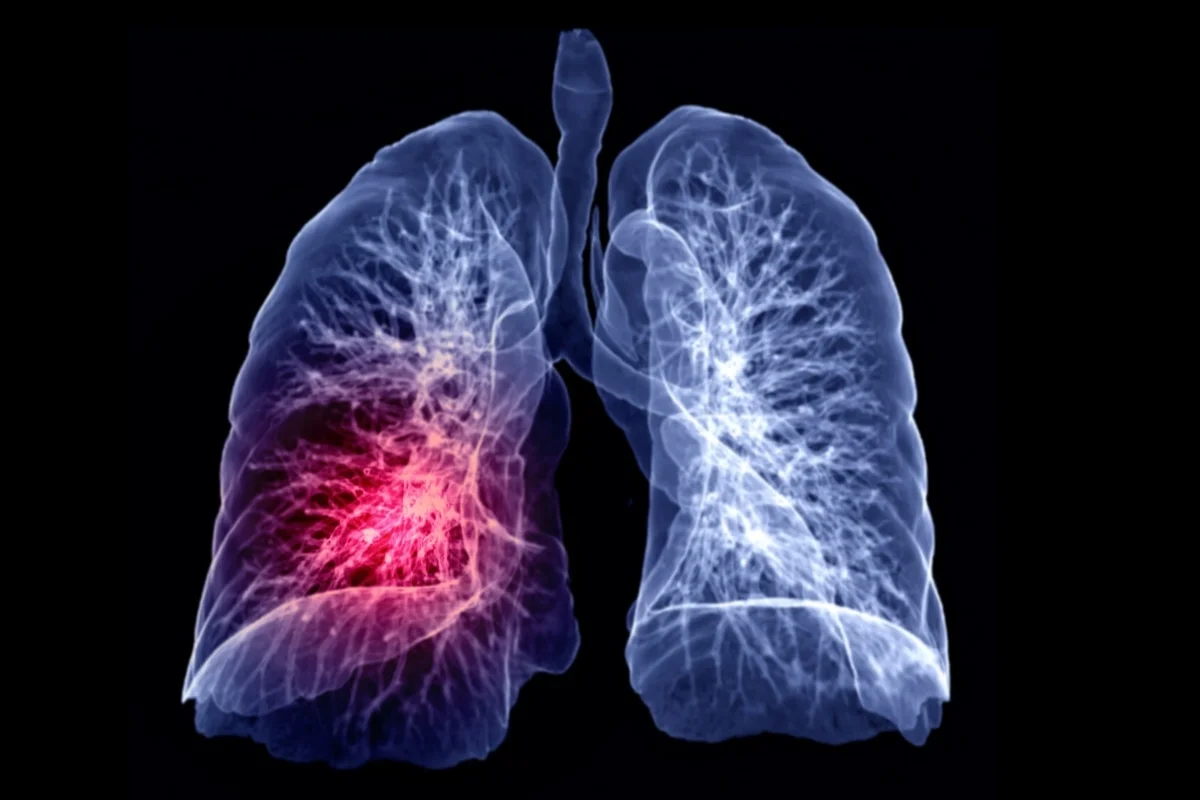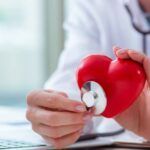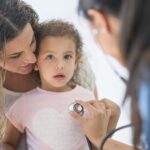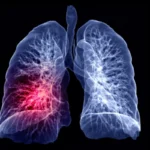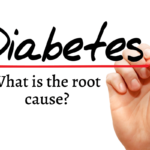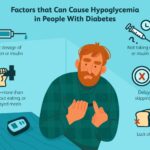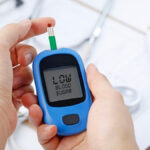What Causes Of Lung Cancer
What to say. Lung cancer kills quickly. Less than 19% of those affected survive for more than five years. This means that only 19 out of every 100 lung cancer patients survive for five years or more. The good news is that if cancer is detected and treated when it is confined to the lungs, more than half of people can live longer. But it is emerging in the first stage in only 16% of people. It is incidental to the tests done for other diseases. In the beginning, there are no major symptoms, or the symptoms are mistaken for other problems. This is becoming a big curse. So it is very important to be aware of lung cancer, know the symptoms and methods of prevention.
Function of Lungs
The main function of the lungs is to absorb oxygen from the air and deliver it to the blood. Also taking carbon dioxide from the blood and passing it out through breathing. Every cell in our body needs oxygen. Without this, cells die within minutes. Every organ is affected if the lungs are not working properly. Even a small problem can turn out to be embarrassing.
What If You Get Cancer?
What if you get cancer? Many people think that lung cancer is rare but it is the fourth most common cancer in our country. It is the second most common cancer in men. According to the Globocan report, 72,510 people were affected by it in 2020 in our country and 66,279 people died. From this we can understand how dangerous it is. In fact, up to 90% of cases can be cured if detected and treated early. But due to the lack of proper understanding of lung cancer, it is not detected early. In the early stage, there are no major symptoms and it looks like tuberculosis and it is prone to be mistaken. It is worth noting that cancer is not suspected in cases where the symptoms do not subside even after taking treatment for tuberculosis. All these factors contribute to the late detection of lung cancer. It is more alarming that the increasing tobacco habits and air pollution are now increasing lung cancers.
What Is Cancer
Any cancer Simply put, cancer is the growth of cells that divide unnecessarily and abnormally. There are many cells in the body. All these divide and grow in a regular manner. This process is controlled by genes. A signaling system in a cell or a neighboring cell says ‘stop’ when there is no need to divide. Because sometimes this regulatory process goes awry.
Cell division happens even if there is no need for it. Or the cells can continue to grow without dying. All of these can swell and become cancerous tumors. The types of cancer depend on the abnormal division of cells in our body. One of these is carcinoma. It occurs in the lining cells of organs such as the mouth, nose, throat, respiratory tract, breast, prostate, and colon. Lung cancer occurs in this.
Symptoms of Lung Cancer
Symptoms of lung cancer and tuberculosis are almost the same. Cough, fever, liver bleeding, weight loss and fatigue are seen in both. Many people make mistakes with this. Cancer can be detected late. Hence a close observation is required. Dry cough is the main symptom in early stages of lung cancer. It is often mistaken for a common cold and flu. If the cough does not subside after three weeks, do not do that. If you are a smoker, don’t neglect it. Some may not even have a cough at first. In them, the disease is advanced when cough and fatigue appear. Some may have cough along with hoarseness. Blood streaks can also be seen in the liver. This is a sign that the disease is already advanced.
1. Mild fever along with cough is another symptom. Tuberculosis also has fever but it comes in the evening. In lung cancer the fever is present throughout the day.
2. Weight loss in both lung cancer and tuberculosis. But in tuberculosis there is slow weight loss. But lung cancer causes sudden weight loss. Some people can lose up to 2 or 3 kg in a month or two.
Other features
Obstruction of the air tubes, partial or complete collapse of the end of the lung also results in fatigue.
About 60% of people may experience chest pain and discomfort.
Hoarseness is the only thing that can be seen in some people. This is due to paralysis of the larynx as the nerves to the left larynx are affected. When such people cough, the sound is not so loud.
Lung cancer has progressed (stage IV) and may spread elsewhere. Then symptoms appear depending on the parts. For example- if it spreads to the bone, bone pain, broken bones.. if it spreads to the brain, headache etc.
Reason For Lung Cancer
• Pollution is no less. About 3-5% people get lung cancer due to pollution. Another 2-3% people get cancer due to fumes emitted from chemical industries.
Lung cancer can also be caused by genes. It accounts for about 2% of people.
• Some people can get cancer without any risk factors. Just because parents don’t have cancer doesn’t mean children won’t get it. Also, it cannot be said that blood relatives will surely get cancer.
Prevent Lung Cancer
There is not much we can do about risk factors like genes and age. But with some precautions there is a chance to prevent lung cancer.
Avoid pollution: as much as possible
Avoid exposure to vehicle fumes. Do not go to areas where vehicles are congested unnecessarily. Finish work early and come home. It is better to wear a nose mask. Not only outside.. Lamps, wood stoves and coal fires that are used to repel mosquitoes lead to air pollution in the house as well. This should also be reduced. Those who work in cement, arsenic, cadmium, nickel industries, coal mines must wear nose protection. Some houses and areas contain high levels of radon. It is a radioactive gas. It has no smell and is invisible to the eye. It emanates from rocks, soil and water. High concentrations in basements, cellars, and basements increase the risk of cancer. Those who can can find out its dosages with nuclear testing.
Good food: Fresh vegetables, fruits
Eat more. Antioxidants in these protect against cancer.
Exercise: Adenocarcinomas with overweight
There is a possibility of more. These can be avoided by taking care of excess weight. Exercise and physical activity help in this. Exercise for half an hour a day at least five days a week.
Tests For Cancer
Pre-tests: Rare but some Lung cancer can be caused by genetics. Pre-test is useful for such people. Advanced CT scan tests are now available that produce very clear images with low doses of radiation. People over 55 years of age and those who have smoked for more than 20 years can be detected early through this test. Genetic testing is also beneficial for non-smokers who have a history of lung cancer in either parent. If the cancerous gene is positive, there is a chance to prevent it with daily practices like Pranayama.
Watch out for lung diseases: In people with diseases like tuberculosis, COPD, asthma, the tissue in the lungs may harden (fibrotic lung) after a long time. This can lead to cancer. These are called scar cancers. These are mostly seen in women. Those who have received chest radiation for other diseases in the past may also be at risk. So those who have suffered from such diseases should consult a doctor regularly and get proper tests done. Any changes in the lungs can be taken care of immediately.
Treatment of Cancer
The hope of modern treatments
Surgery, radiation, chemotherapy, targeted therapy, and immunotherapies are available for lung cancer. Radiation can be given at any stage. Chemotherapy, targeted therapy and immunotherapy can be combined with radiation depending on the need. Cancer severity, risk assessment and molecular tests are done before deciding on these treatments.
In the first stage..
In patients with early stage cancer, the lobe where the tumor has formed is surgically removed. If necessary, the entire lung can be removed. But the experimental results indicate that even if only that part of the tube is removed, good results are seen. Chemotherapy and radiotherapy are done if there is a chance to reverse the disease. Targeted therapy (osimertinib) may also be given to those who are EGSR gene positive. Some people benefit from immunotherapy drugs (atizolizumab, pembrolizumab) after surgery and chemotherapy. Others may be given an immunotherapy drug called Nivoluma along with chemotherapy before surgery. It helps to live longer. Better results were seen in those who received chemotherapy and pembrolizumab before surgery, and those who received pembrolizumab after surgery.
In the advanced stage..
Chemo and radiation therapies are given at the same time to advanced cancer patients. Some may require surgery. Even with treatment, 70% of people may not get rid of the disease completely. If it decreases, it can be reversed. If it is too advanced, it means that it is almost impossible to cure the cancer in the fourth stage. So there is no need to despair. Advanced treatments are now available for advanced lung cancer. Chief among these are immunotherapy and targeted therapy. These can be given separately or together with chemotherapy. These will help you to live comfortably for as long as possible.
• Immunotherapy stimulates the immune system and kills cancer cells. Reactivates proteins that recognize and destroy cancer cells. Immune checkpoint inhibitor type drugs like pembrolizumab, atizolizumab, semiplimab, durvalumab, nivolumab help. They work better in people with large amounts of the protein PD-L1 on tumor cells, and those with a high number of DNA mutations (TMB) in the cancer cells.
• Targeted therapies Many targeted therapies have recently become available that target cancer cells without harming normal cells. ALK inhibitors (such as ceritinib, alectinib), EGSR inhibitors (such as osimertinib, afatinib, amivantamab), Ras1 inhibitors (crizotinib, entrectinib) and BRAF inhibitors (such as dabrafenib) are some of these.
